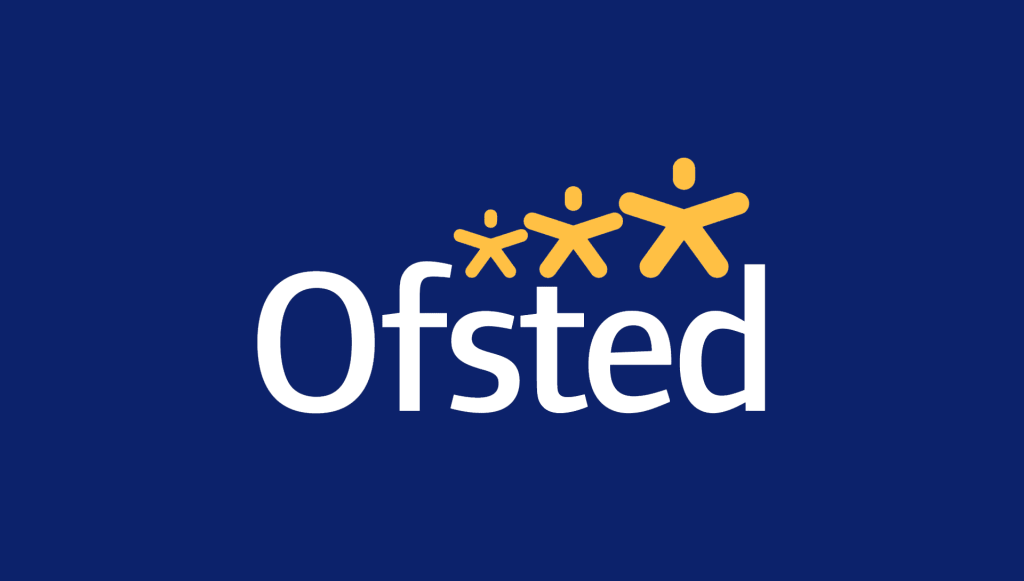
From 17 June 2013 keeping your Disclosure and Barring Service certificate (previous CRB check) up to date will be much simpler and more cost effective, thanks to the launch of the new Update Service.
What is the DBS?
DBS, or Disclosure and Barring Service, is the new name for the combined Criminal Records Bureau and the Independent Safeguarding Authority. This is the organisation (in the UK) which provides criminal disclosure certificates. A DBS certificate is required for any position where you will come into contact with children or vulnerable adults, such as working as a nanny.
How does the current system work?
Under the current system, the applicant is given a DBS certificate, which will list any offences the applicant has been charged with (or state that there are none). The certificate can only be guaranteed as of the date it is produced, which means that they are immediately out of date and a new one is required for any new post. This can be particularly problematic for temporary nannies and maternity nurses.
As anyone who has filled out the application form will know, it is a time consuming process and can be expensive, if the cost is not being met by your employer. For those in, or applying for, a voluntary role the application is usually free.
What is the Update Service?
The new Update Service is designed to reduce the bureaucracy and expense of the DBS system by allowing certificate holders to monitor their certificates online, allowing for future employers to view the necessary information, without the need for a new certificate (provided you already have a certificate of the required disclosure level).
The Update Service will cost £13 a year (or be provided free if your certificate is for a voluntary role), and you can link multiple certificates to one account. When applying for a new job, you can provide the employer with the details of your certificate and they can check the status of your certificate online. If your certificate is still up to date and accurate then you need take no further action. If something has changed you will have to apply for a new certificate.
How does it apply to me?
For nannies – you will require an enhanced disclosure certificate. This searches your history for any offences relating to children, as well things like theft convictions or anti social behaviour orders (ASBOs). You will need a DBS certificate whether your are working in a paid or voluntary capacity. With the update service (any check carried out after 17th June 2013) you will not have to apply for a new DBS certificate for every job. Instead you can choose to pay £13 a year and provide your propsective employers with the details so they can check whether anything has changed since your last check was carried out.
For parents – if you are looking to employ a nanny, you should ask to see a copy of a recent DBS certificate, or you may ask that they provide a new one specifically for you. For checks carried out after 17th June 2013 you can ask whether the applicant has subscribed to the update service. If they have they will be able to provide you with their details and you can go online to check whether their certificate is still up to date. If you see that there have been changes recorded you will need to ask them to apply for a new check. If they have not subscribed to the service then you should request a new check, which will need to be done via an umbrella body such as a nanny agency.
Do I need to subscribe?
There is no obligation to subscribe but there are several advantages:
You will not need to apply for a new check every time you apply for a new job. Instead you can demonstrate that your record is clean on an ongoing basis.
The £13 a year can be offset against tax, particularly for temporary nannies and maternity nurses.
Based on changing jobs every 3 years, this will save you time and money as you won’t need to apply for a new check before looking for a new job.
You may never need to fill in a DBS check form again!
A comprehensive guide for applicants can be found here.
A comprehensive guide for employers can be found here.
More information about the DBS, can be found at www.gov.uk/DBS.



